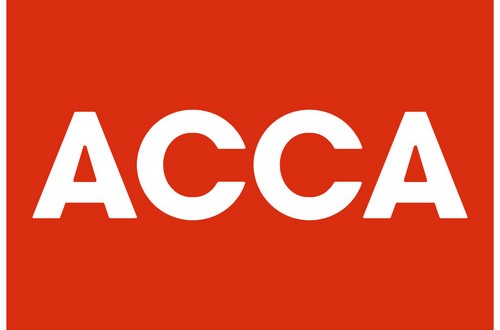ACCA: UK economic confidence hampered by Brexit, dips in Q2 2019

Economic confidence in the United Kingdom dipped back in Q2 2019 amid Brexit uncertainty, according to the latest Global Economic Conditions Survey (GECS) from the Association of Chartered Certified Accountants (ACCA) and Institute of Management Accountants (IMA).
The poll of more than 100 accountants revealed that the UK economy is being restrained, most notably by stagnant business investment spending. Growth this year is on course to be around 1% while the prospects for next year depend heavily on the Brexit outcome.
Michael Taylor, chief economist at ACCA, highlighted the seven-month extension to 31st October of the Article 50 deadline for leaving the EU increasing the impact of Brexit uncertainty on the economy.
He said: “Our view is that UK growth this year will be around 1 per cent, i.e. weaker than last year and below its trend rate of between 1.5 per cent and 2 per cent a year.
“Until there is some clarity on Brexit UK growth is likely to be rather sluggish but stay in positive territory. Consumer spending is likely to be resilient supported by rising real incomes.”
Despite the bleak outlook on UK economic confidence, the UK GECS findings do not point to corporate distress or imminent recession – the balance concerned about suppliers or customers going out of business remains at low levels.
However, Mr Taylor warned that uncertainty is having a negative influence on business confidence along with the orders balance.
He continued: “Both confidence and orders are consistent with below-trend growth into the second half of the year. In Q1 the economy expanded by 0.5 per cent, boosted by stock building ahead of an anticipated March date for leaving the EU.
“Many companies also brought forward summer shutdowns to April to allow time to adjust to a post-EU environment. As stocks are run down and early shutdowns take effect there will be a significant drag on GDP growth, which is likely to have been negative in the second quarter of the year.”



